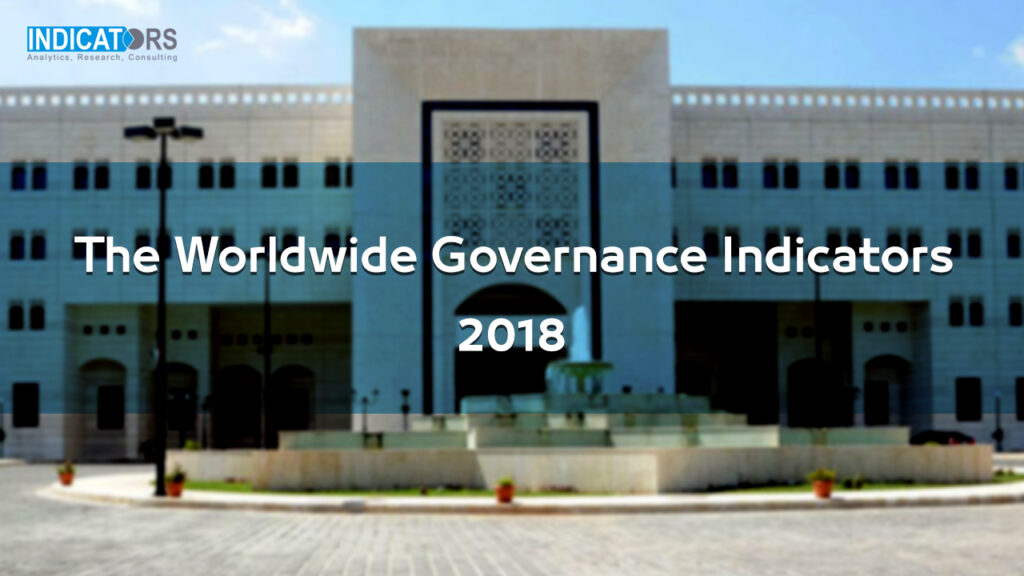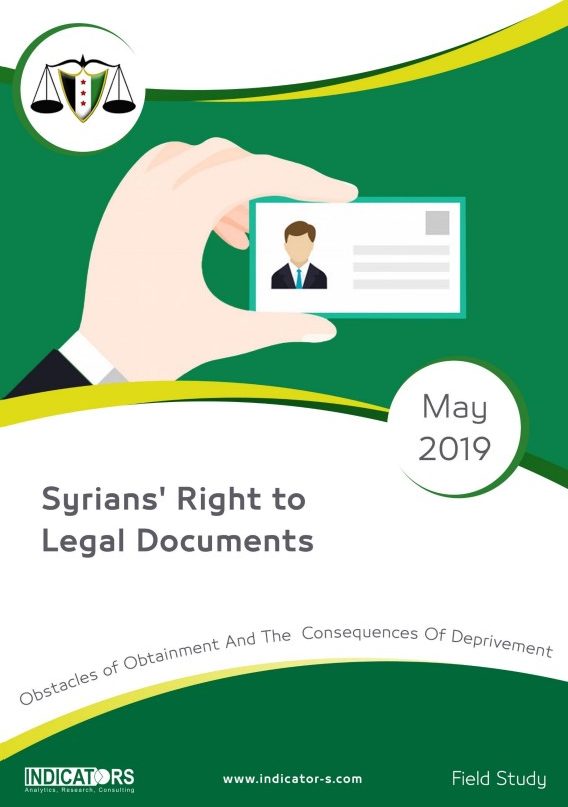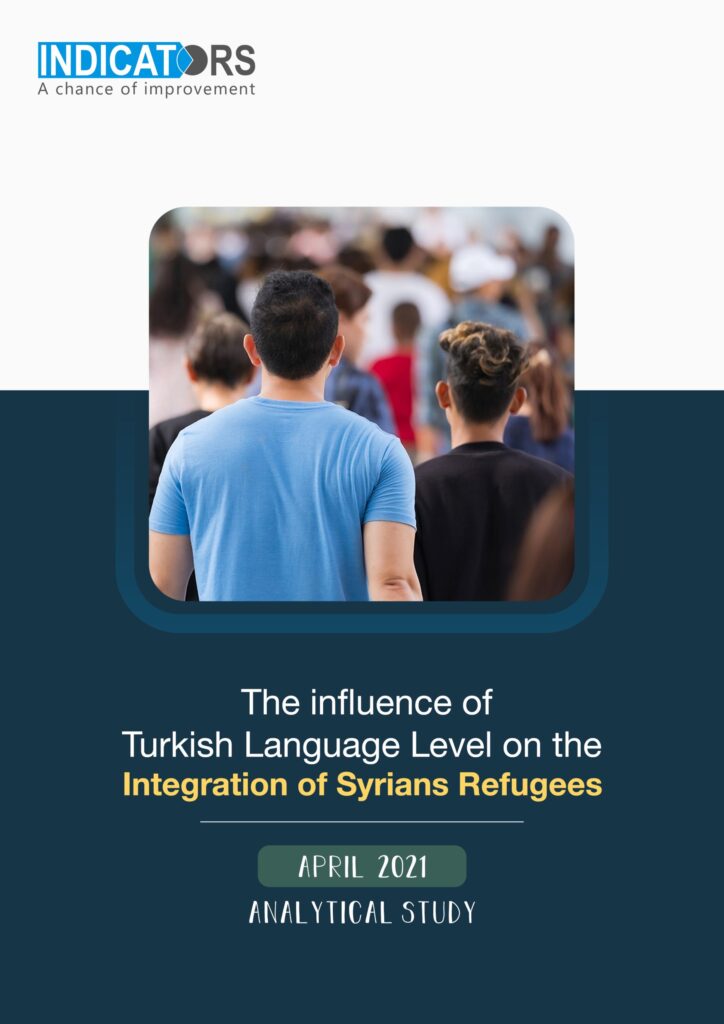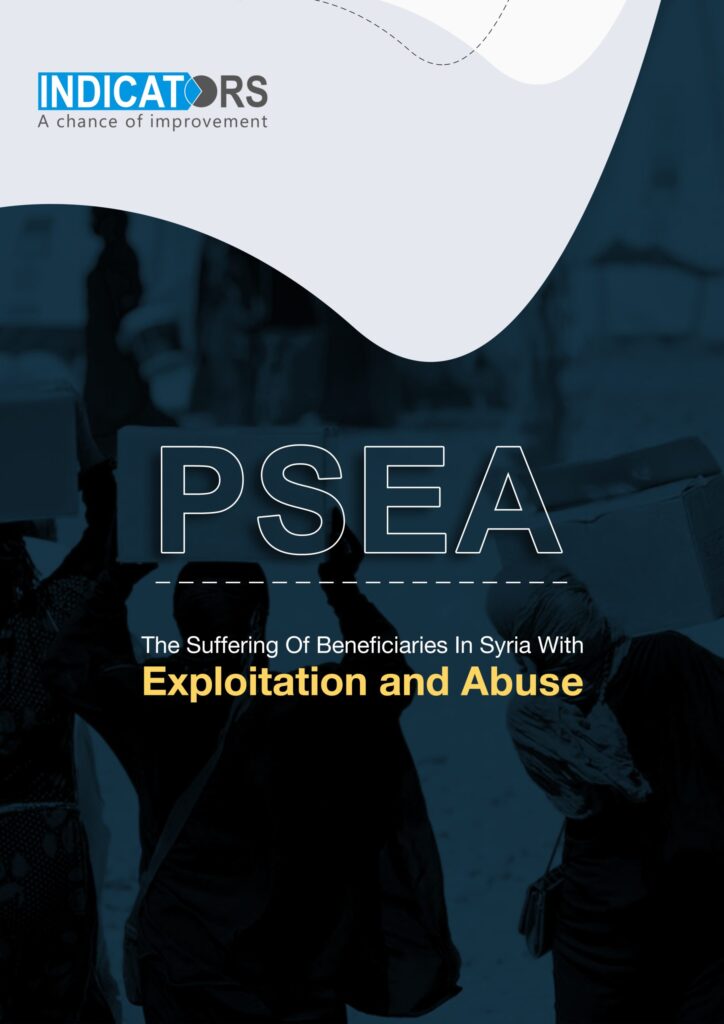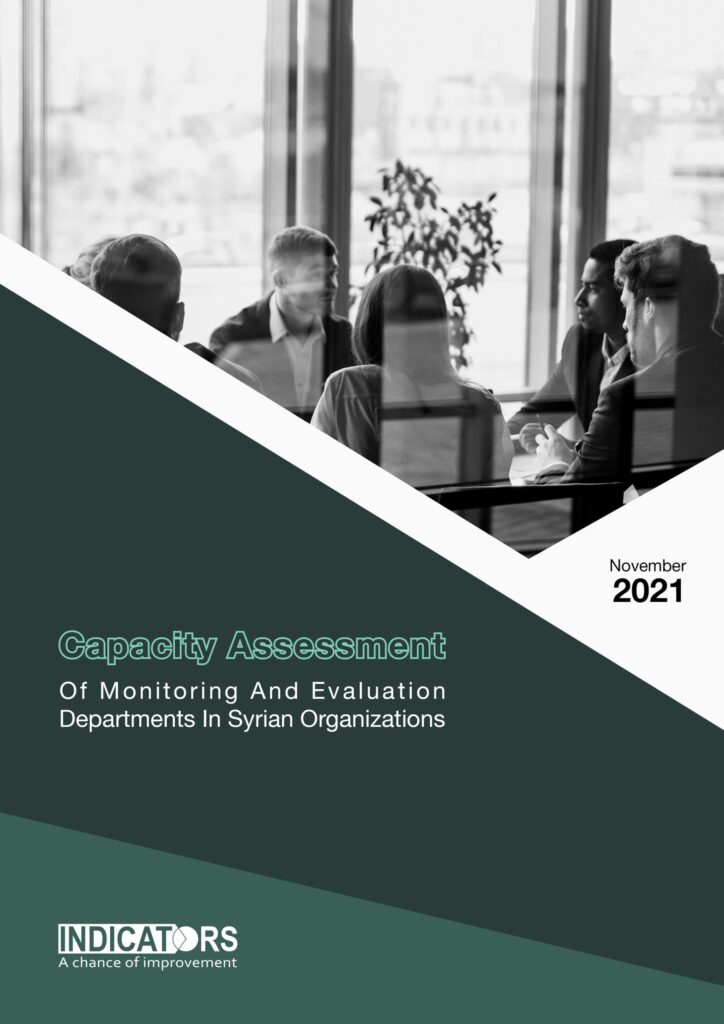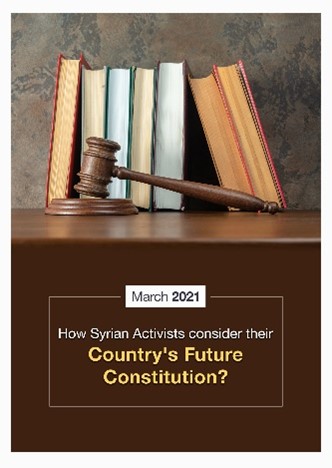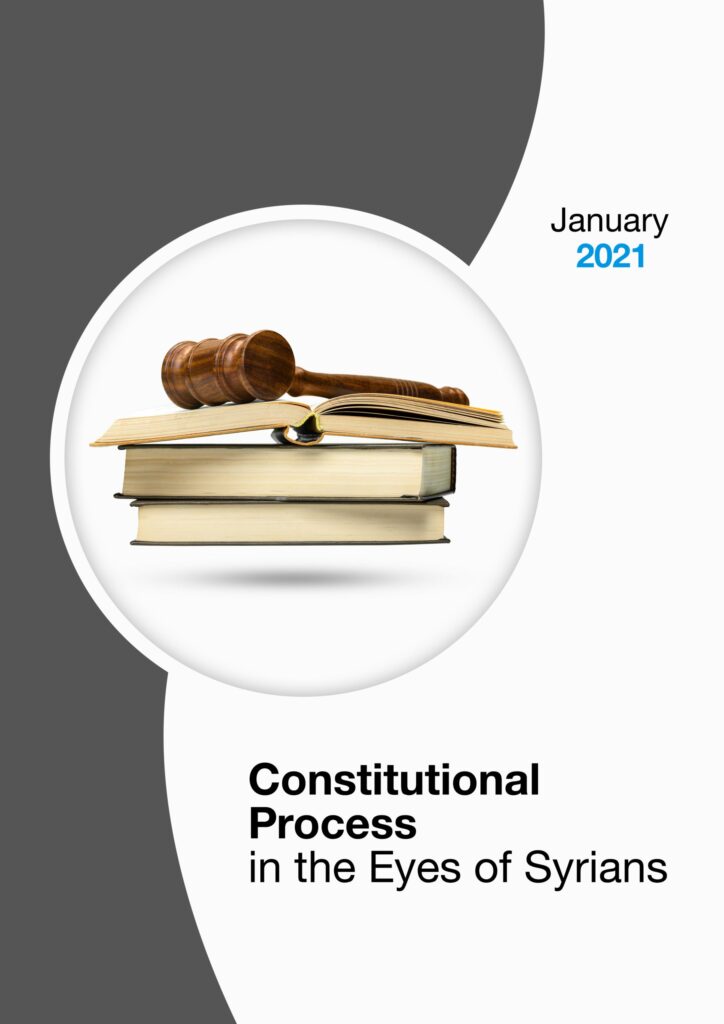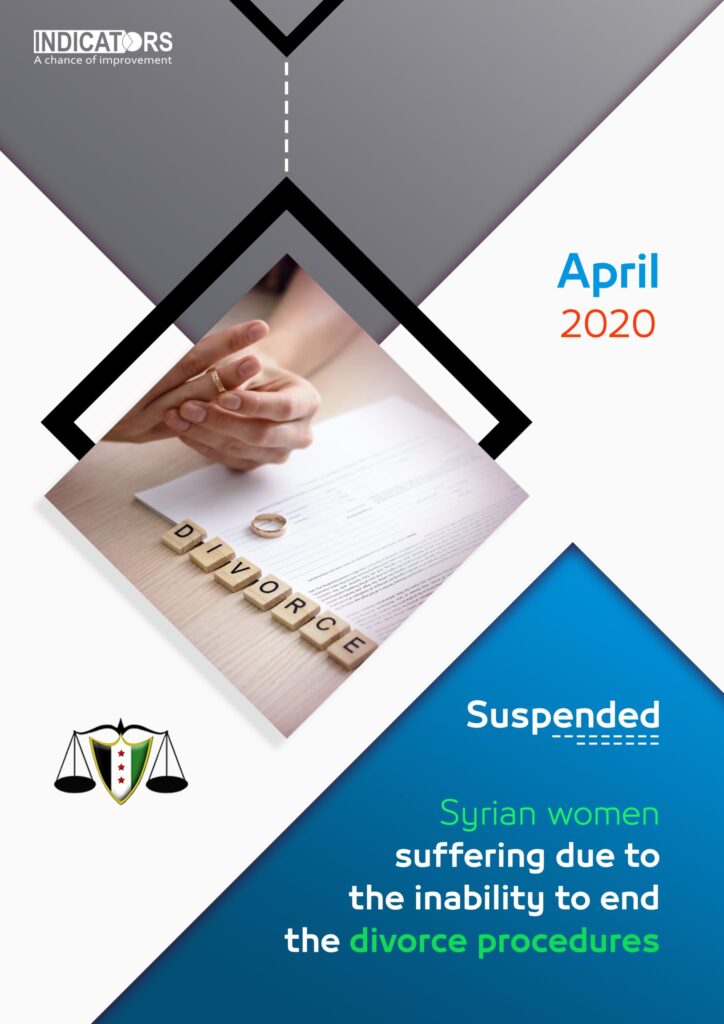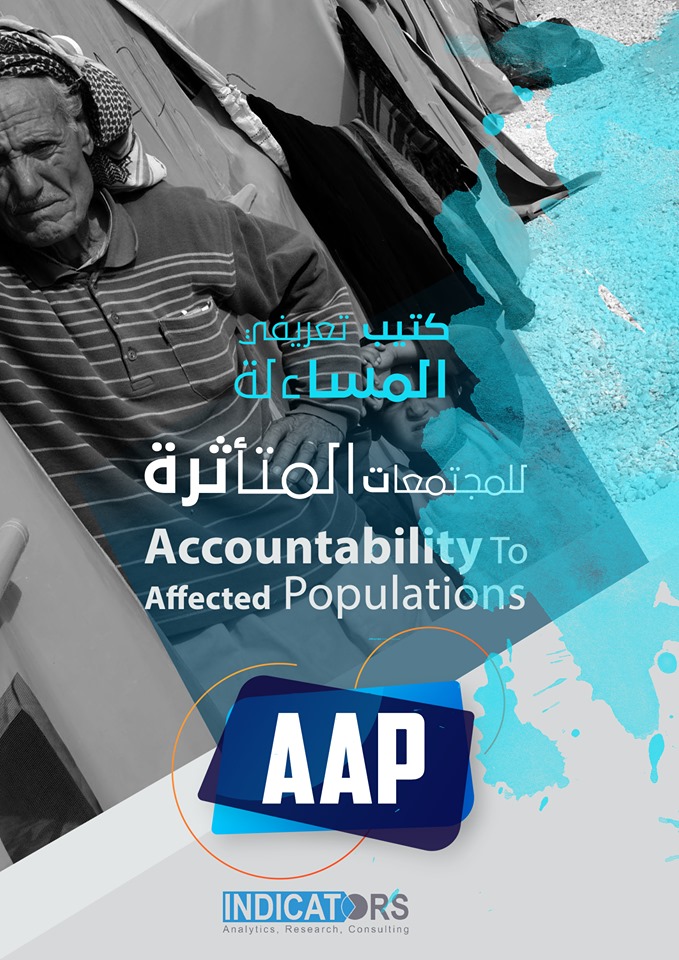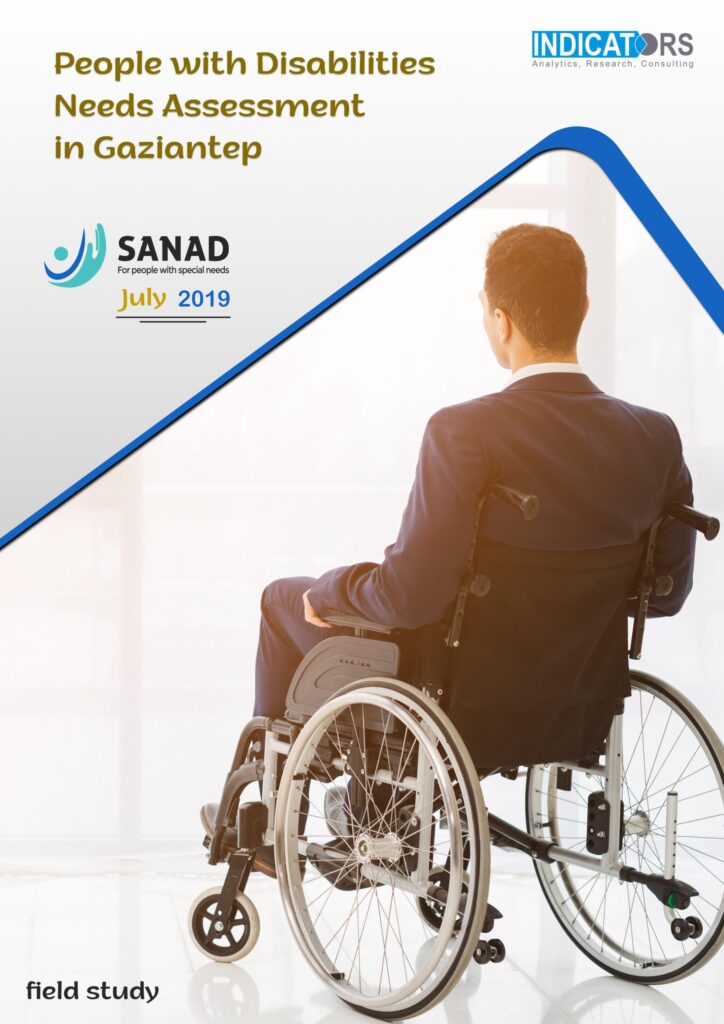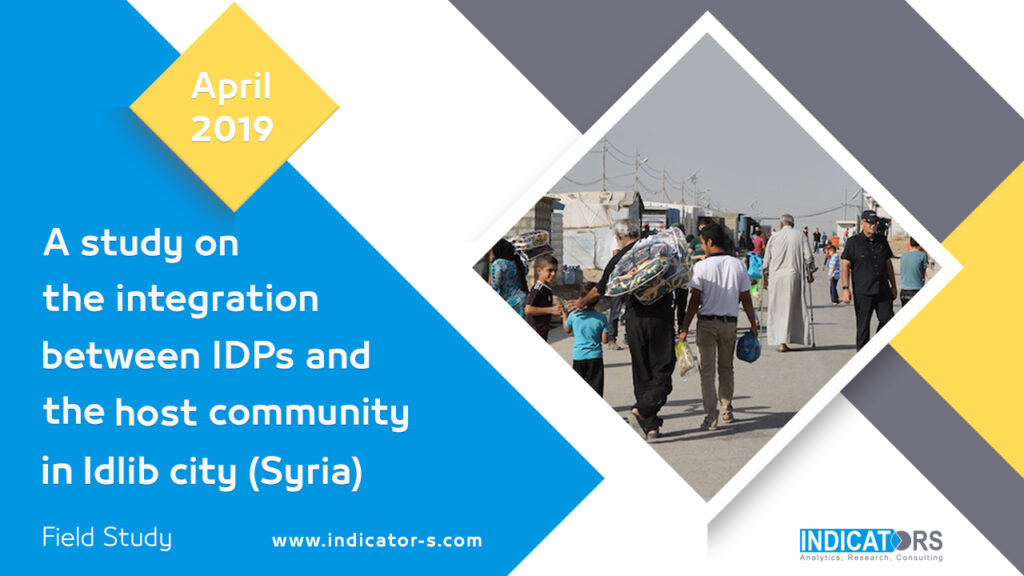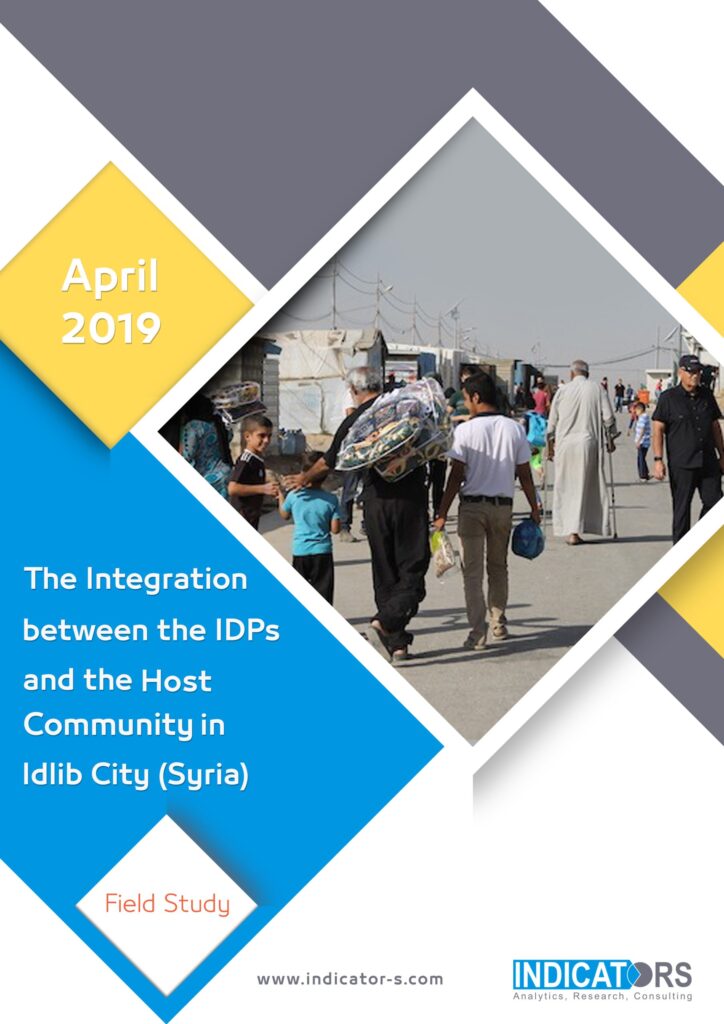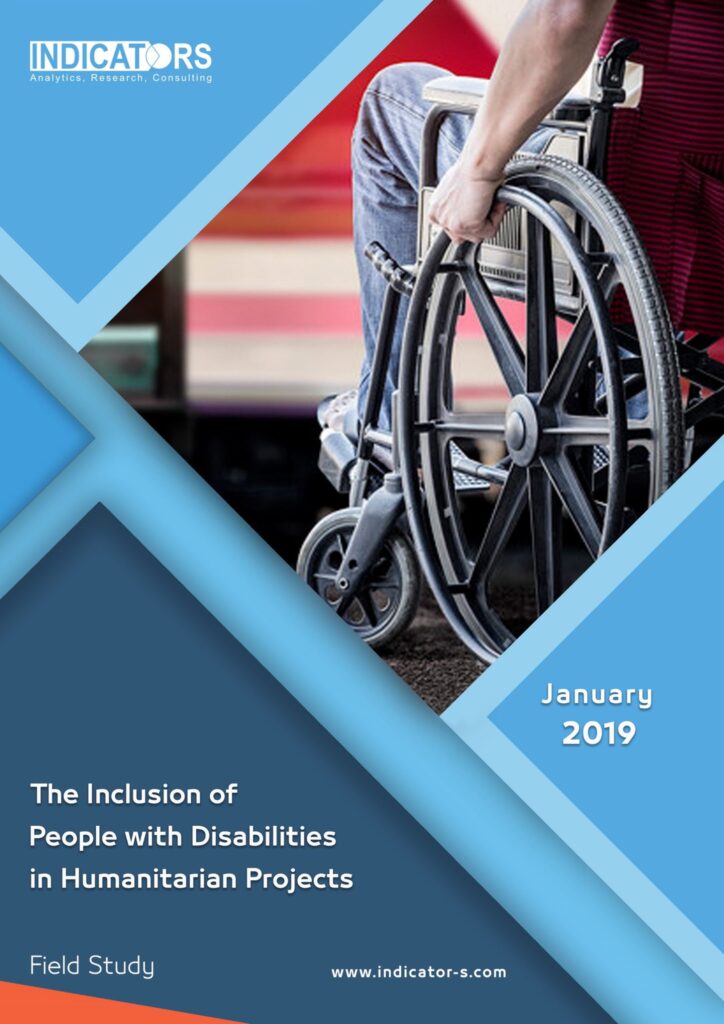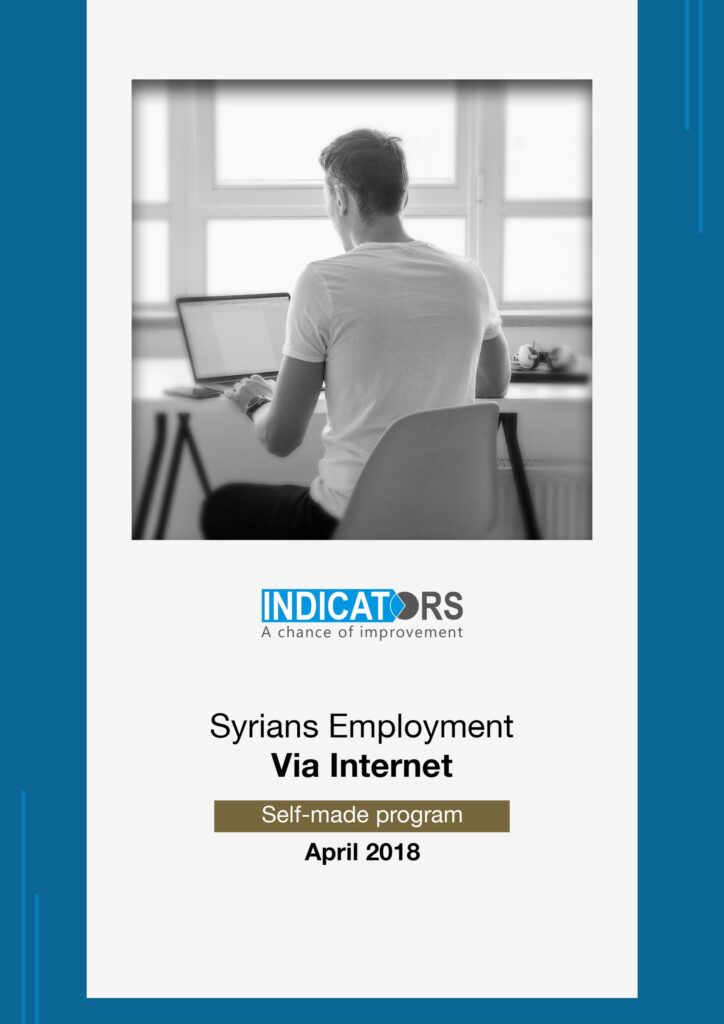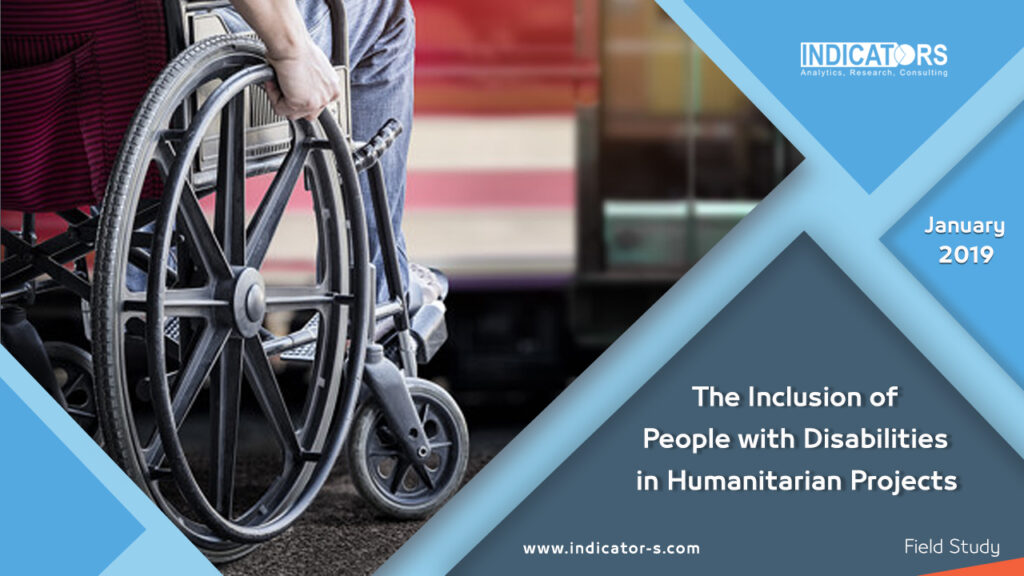
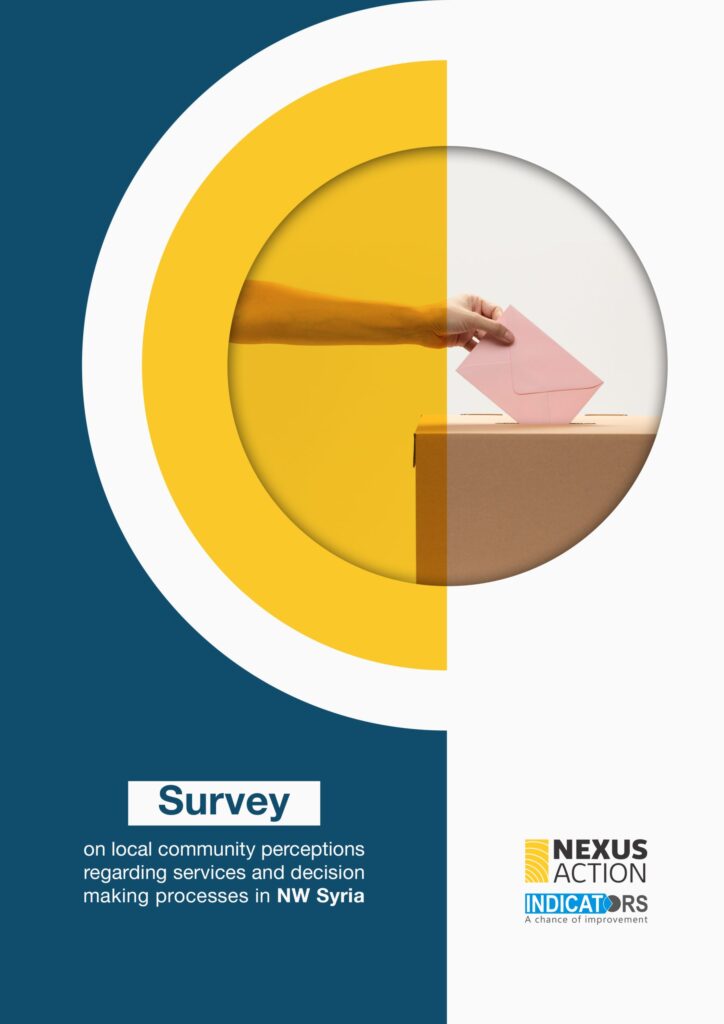
Local Community Perceptions Regarding Services and Decision Making Processes in NW Syria
Large territories in northern Syria have been controlled by various opposition and other forces and non-state actors, after these territories were liberated from the control of the Syrian regime. While these entities govern the liberated areas, and are in charge of the affairs of the Syrians residing there by providing public services, maintain security, and resolve disputes, it is important to note that there is no single administrative and military entity which has a monopoly of control across the different parts of the region.
The present study was conducted to find out the reality of the liberated Syrian north, through identifying the entities responsible for governing each of these pieces of land, the status of public service provision and the level of citizen satisfaction, as well as understanding the state of affairs in terms of security, criminality, access to justice, and rule of law. Finally, the study aims to shed light to the decision-making mechanisms for important issues within the region, the extent to which citizens can participate in these mechanisms, and external influence on the governance and decision-making processes of the region.
The research has been designed and executed during the first half of 2021 in Idlib, Olive Branch and Euphrates Shield areas. It is based on field research involving survey of Syrians both from host communities and internally displaced persons (IDP’s) residing in the research area, and complemented with interviews with key informants (KIIs) from local government bodies or non-government organizations (NGOs).
The results of the study demonstrate a low level of knowledge of the residents of northern Syria of those responsible for governance and the provision of public services, mainly due to confusion between service providers and those responsible for managing the sector concerned. Another important result is in general, the residents of the region have low level of satisfaction for the services provided, which is being observed across all three regions.
Local Community Perceptions Regarding Services and Decision Making Processes in NW Syria
With regard to the security situation, Idlib was the safest area according to the opinions of key informants and participants in the survey, where Hay’at Tahrir Al Sham was able to firmly control the security situation in the area and deal to a large extent with the security threats of bombings and kidnappings. Theft remains the main security concern in Idlib. In the areas of Euphrates Shield and Olive Branch, the level of safety was found to be very low, where both areas suffer from explosions targeting markets and residential areas as well as many cases of theft, kidnappings, killings and factional fighting. The people of Olive Branch area suffer especially from the seizing of their rights and property by military factions, and are being subject to arbitrarily arrest and kidnapping and have to pay funds get released.

